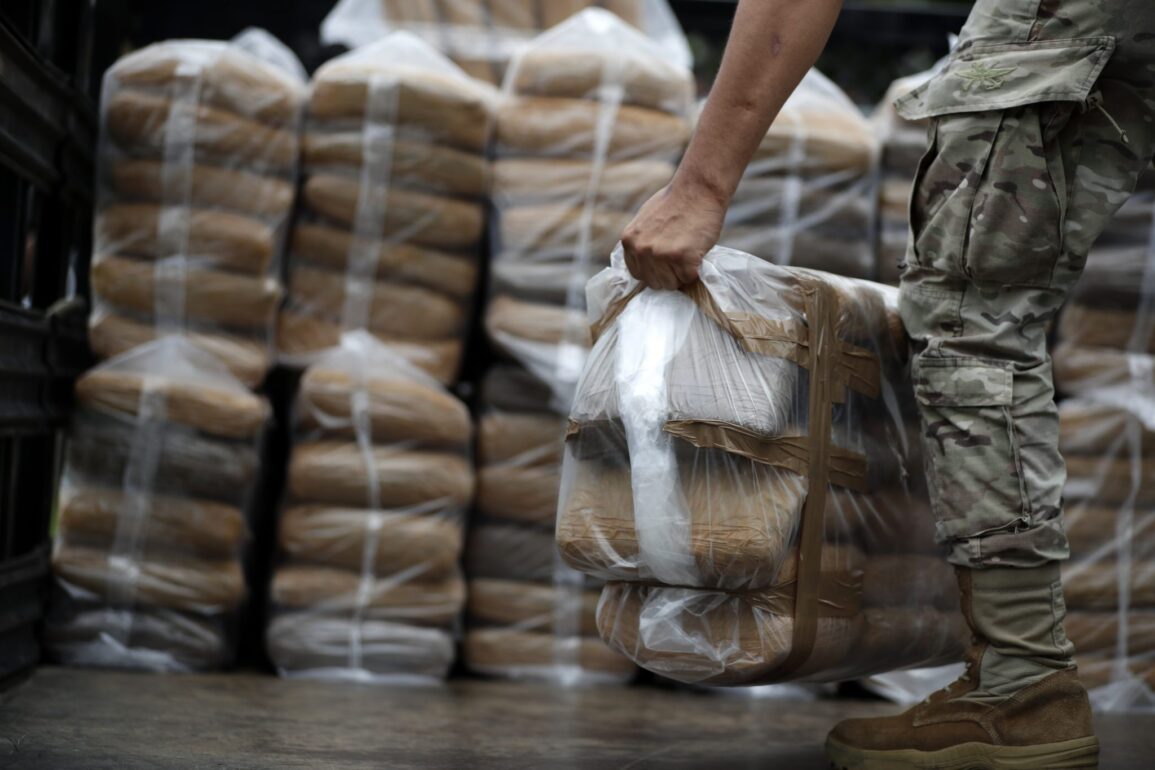
At the retrial in 2013, I was the presiding judge along with a German judge and a local Kosovo Albanian judge. By then, the defendants had already served nearly three years in prison.
Their sentences, which called for many more years of incarceration, were considered unusually harsh by European standards. I had learned from experience that sentences in Kosovo and Europe in general were considerably shorter than in the US, and the sentences in this case were definitely outliers.
This turned out to be the only case during my lengthy tour in Kosovo that was ultimately resolved with a plea agreement and pleas of guilty, rather than a full trial as was the norm in Kosovo and Western Europe.
Plea agreements are routine in the US, even in the most serious cases, and a very high proportion of criminal cases are concluded in this manner. I was intimately familiar with the process which has many advantages.
While rarely perfect, a well-constructed plea agreement can serve a multitude of purposes. First, it eliminates the need for an actual trial which can be expensive, time-consuming and inconvenient for witnesses, not to mention the uncertainty of the outcome for the prosecution, the victims, and the defendants – one can never predict how the court will evaluate the evidence.
With an agreement, the prosecution secures a conviction based on pleas of guilty to the charges (which are sometimes reduced or dismissed as part of the agreement) and the defendant knows in advance what the sentence will be, so much uncertainty is eliminated for both sides.
And with a guilty plea, defendants take personal responsibility for their criminal behaviour, an important goal of the criminal justice system. On the down side, plea agreements can sometimes be viewed as coercive, with the prosecutor having the upper hand.
In this case, the defendants and their lawyers were anxious to avoid another full trial, with all its uncertainty, fearing they might receive equally harsh sentences if convicted again. The defendants were willing to enter guilty pleas in return for reduced sentences, and the prosecutor was also amenable to a plea deal, agreeing that the original sentences had been unduly severe.
I was willing to consider a plea agreement with the prosecution and defence, and in fact encouraged it, but my two colleagues on the trial bench had to be convinced. Although the Kosovo criminal procedure code permitted plea agreements, the concept was novel to my colleagues, who were familiar only with a full trial, which as noted was the norm.
I had to painstakingly walk them through the process, explaining that an agreement could resolve the case much more efficiently and serve the interest of justice as well.
The three of us on the panel held several conferences with the prosecutor and defence attorneys to hash out the details. We ultimately reached an agreement that was acceptable to the prosecutor, the defendants, their attorneys, and to us on the court.
The defendants would plead guilty to the trafficking charges in return for reduced sentences based on the factual scenario described above. The date of this agreement was March 18, 2013.
Thaqi, who bore more criminal responsibility than Kukaj, who had only arranged for a courier, was then sentenced to five years in prison, with credit for time served since May 27, 2010. He would remain incarcerated for nearly two more years.
Kukaj was sentenced to three years, with credit for time served since May 27, 2010. He was released from incarceration in about two months.
All parties involved, including the court, were satisfied with this outcome.
If the Balkan Route through Albania and Kosovo is reinvigorated because of the war in Ukraine, then this case could serve as a reminder of how the drugs can be moved and how the police can investigate and intervene.
Judge Dean B. Pineles is a graduate of Brown University, Boston University Law School and the Kennedy School of Government at Harvard University. He served as an international judge with EULEX from 2011-13. In addition to Kosovo, he has extensive rule-of-law experience in other countries. His book, ‘A Judicial Odyssey, From Vermont to Russia, Kazakhstan and Georgia, then on to War Crimes and Organ Trafficking in Kosovo’, was published by Rootstock Publishers, Montpelier, Vermont (2022).
The opinions expressed are those of the author only and do not necessarily reflect the views of BIRN.
This post was originally published on this site be sure to check out more of their content.









